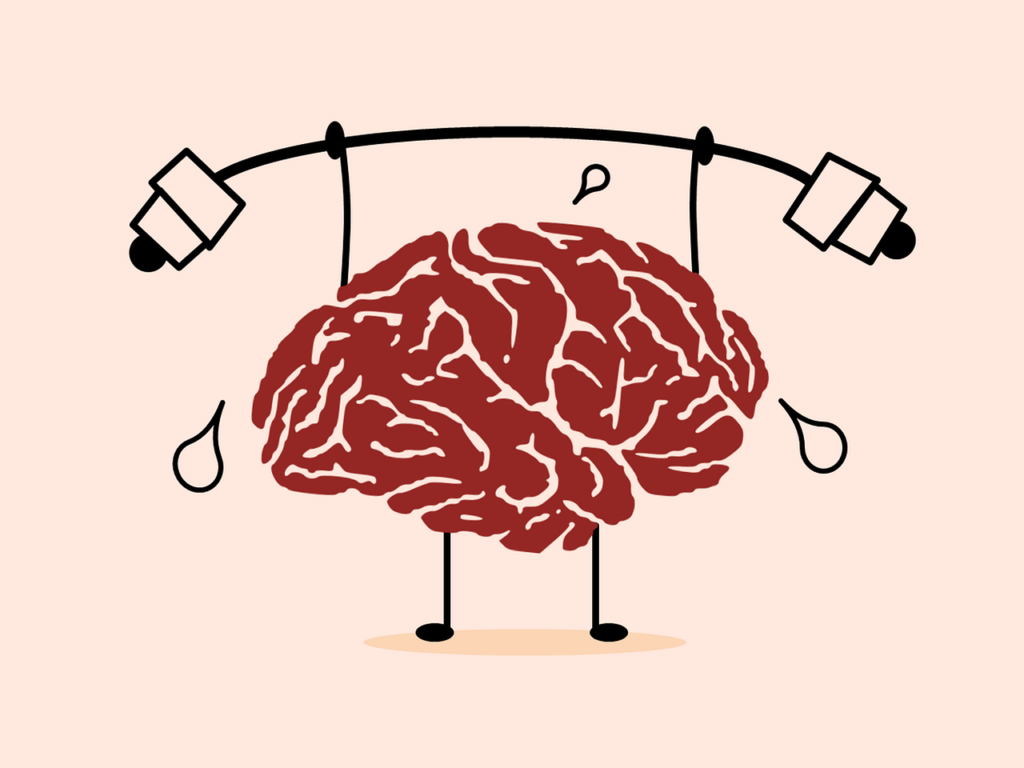Winter is just around the corner. For some it has already begun. Colder temperatures, less hours of daylight, snow, rain, and just more dismal conditions overall. This can make some feel pretty bummed out during winter. In fact, seasonal changes can have a pretty big impact on your mental health.
Did you know that Google search queries about mental issues, like depression go up during the winter months? Winter is also a time of holidays, which can also trigger or make worse some mental health issues for some people, like family anxiety and even bipolar disorder. There is even a medical condition related to the seasonal change to winter called Seasonal Affective Disorder (SAD).
According to the Mayo Clinic, “Seasonal affective disorder (SAD) is a type of depression that’s related to changes in seasons — SAD begins and ends at about the same time every year. If you’re like most people with SAD, your symptoms start in the fall and continue into the winter months, sapping your energy and making you feel moody. Less often, SAD causes depression in the spring or early summer.”
SAD signs and symptoms can be alleviated. Let’s take a look at four mindful ways to keep your mental health intact during winter that may work for you.
1. Start With Talking To The Professionals
More often than not, talking to a professional about mental health concerns is last on the list. However, it shouldn’t be reserved as a last resort, it should be the first action step toward any mental health issue you may have, whether seasonal related or not. So, if you know that winter causes you to be a little less happy, get in to see a professional psychologist to make a plan.
“With the right therapeutic approach, you can feel empowered to laugh when you are happy, cry when you are sad, and set healthy limits and boundaries when you are pushed to the wall,” Bhatia Psychology Group in Richmond Hill explained. This is especially important when it comes to conditions like SAD, since depression, anxiety, and other health conditions can sneak up on you.
2. Don’t Hibernate This Winter — Stay Active
Doing as much physical activity as you can during winter could have a counter effect to SAD signs and symptoms. Research has found physical activity to be a great way to boost energy and increase your positive mood. This is especially true for activity outdoors, like cycling, playing a sport, and running.
“Find exercises that are continuous and rhythmic,” HelpGuide.org noted. “The most benefits for depression come from rhythmic exercise-such as walking, weight training, swimming, martial arts, or dancing-where you move both your arms and legs.”
Actually, doing rhythmic exercise for 30 minutes could also be good for your physical health as well. The American Heart Association recommends 150 minutes of exercise per week for a healthy heart, and other physical health benefits, like reducing your risk of heart disease.
3. Get Outside As Much As Possible
Natural light, regardless of the weather may be beneficial when it comes to SAD. Yes, it may be a little dark at times, but there is still beneficial light coming from the sun. And some studies suggest that morning light is best. This is due to the seasonal effect on our natural circadian clock.
The use of light boxes could be helpful, but getting outside and walking for 30 minutes to an hour first thing in the morning could be even more helpful. You can also choose to sit near a window at work, or taking more extreme measures like painting the walls in your home reflective colors that could brighten up the atmosphere.
4. Vitamin D Could Prove Useful Too
This last mindful way to keep your mental health intact during winter may not come as a surprise. The effects of vitamin D on the body has been well documented over the years, especially when it comes to seasonal affect disorder. And if you are not a fan of vitamin D pills in the supplement form, you can get your daily dose of vitamin D naturally.
One way is to soak up natural light in the morning while exercising or walking outside (see number two and three above). Or you can consume vitamin D via oily fish like tuna. Vitamin D is also found in red meat, egg yolks, cereal, and other foods.
Wrapping Up . . .
If you always feel a little funky during the winter months, it’s time to face the facts. You very well could be having issues related to SAD. The first step should be to discuss SAD, and other seasonal mental health issues with your doctor, or a professional mental health professional. Enjoy the summer and take action against mental health.

